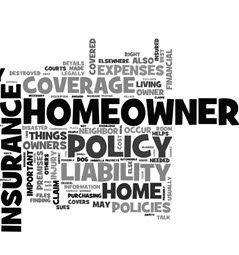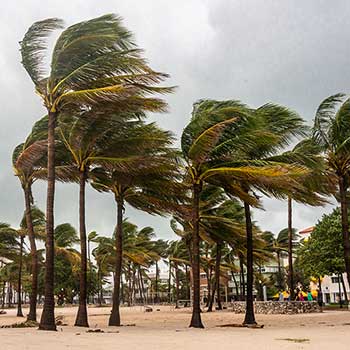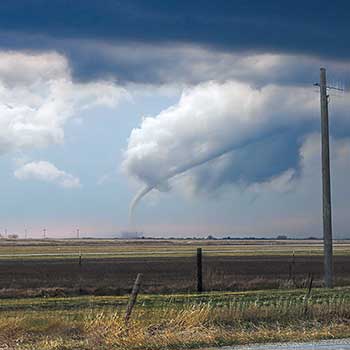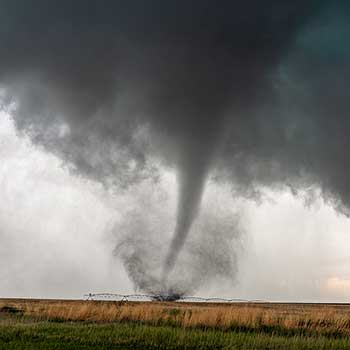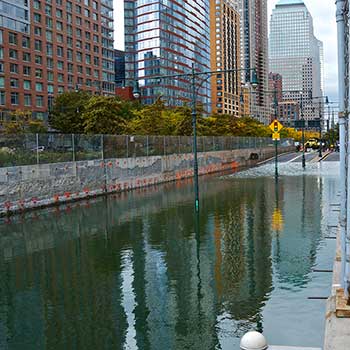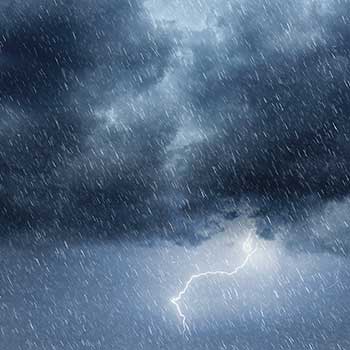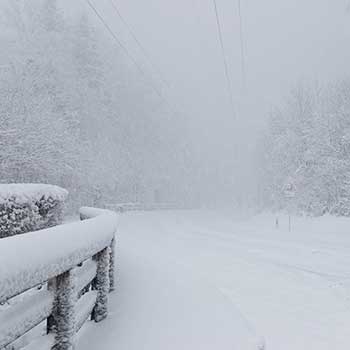According to the Florida Office of Insurance Regulation, more than 703,000 Florida home and business owners have filed insurance claims for damage caused by Hurricane Irma in September. That comes out to more than $4.5 billion in claimed losses.
But Irma isn’t the only tropical storm or hurricane that has hit Florida this hurricane season, which runs from June 1 through November 30. Tropical Storm Emily came seemingly out of nowhere on July 31, and parts of Florida recently felt the effects of Hurricane Nate. Other parts of the country have also been hit hard by hurricane activity. Texas bore the brunt of Hurricane Harvey and Puerto Rico was ravaged by Hurricane Maria.
All homeowners should have insurance on their properties so that when disaster strikes, they can recover for their losses. But before you file an insurance claim it’s important to understand the terms and conditions of your policy. Here are the standard policies available to Florida homeowners
Single-Family, Owner-Occupied Policies
There are three main types of insurance policies that cover single-family, owner-occupied homes.
- HO-1. This is a basic policy that offers limited coverage and isn’t offered by many insurers. It typically covers damage caused by fire, wind, smoke, lightning and theft. This type of policy isn’t offered by insurers very often.
- HO-2. This policy covers everything covered by HO-1, plus damage caused by falling objects, the weight of ice and snow, plumbing system leaks, plumbing system freezes, electrical damage to appliances, and water heater or heating system ruptures.
- HO-3. The HO-3, or Special Form Policy, is the most common homeowner’s policy in Florida. Instead of listing perils, it broadly covers your home from all types of physical loss EXCEPT for those that are explicitly excluded. For example, most homeowner’s insurance policies do not cover damage caused by flooding.
There is also what’s known as the HO-5 policy. This is similar to the HO-3 policy but it is typically only offered to those with newer, well-maintained homes. In addition to covering any physical damage to your home, it also covers your personal possessions (except for perils specifically excluded by the policy).
If you have an older home (generally more than 40 years old) that does not meet the requirements for an HO-3, you might be eligible for an HO-8 policy.
Renters and Condo Owners
The HO-4 insurance policy, also known as renter’s insurance, covers your personal belongings and provides personal liability protection for any injuries that occur in your unit.
The HO-6 policy is basically the same as the HO-4 policy, except that is designed for condominium owners.
Reach Out to Us Today for Assistance
It’s important that you understand the terms of your policy so that you know your rights and obligations under insurance law. The Florida attorneys at the Insurance Litigation Group can help you determine what you are owed under your policy and guide you through the insurance claims process. Contact us today for a free consultation if your property was damaged during a tropical storm, hurricane or other severe weather event.
Resources:
heraldtribune.com/news/20171009/irma-claims-now-top-45-billion
weather.com/storms/hurricane/news/tropical-storm-emily-florida-heavy-rain-forecast
